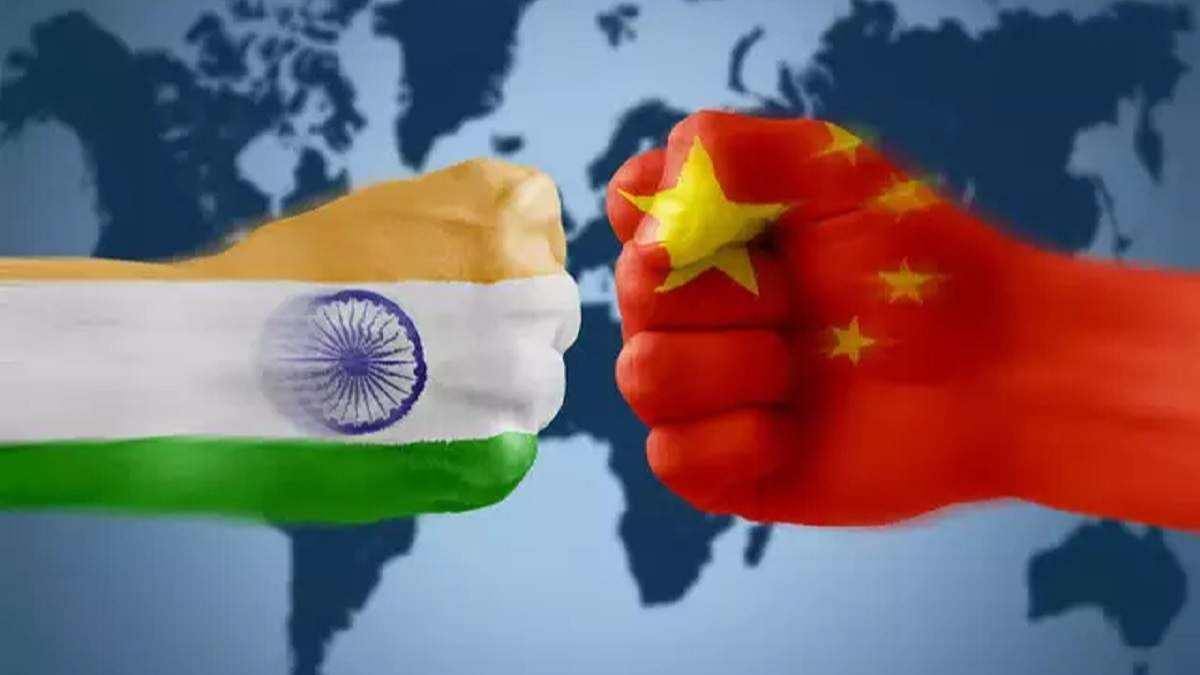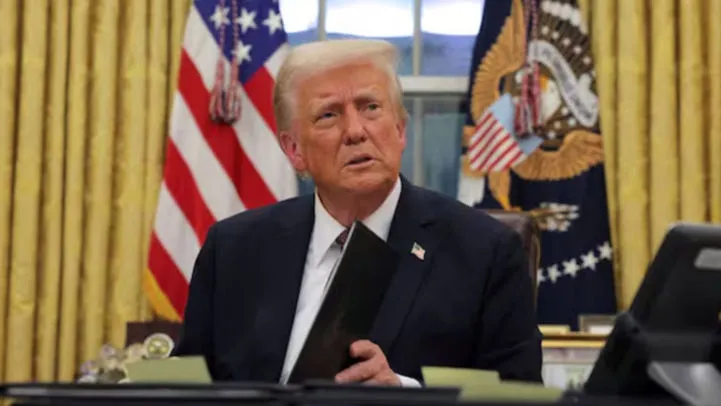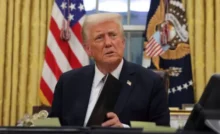The current spiralling downward trend in India-China relations affords very little hope of getting back on track in the foreseeable future. Importantly, the trust factor crucial to any relationship has been lost. The recent intransigent and expansionist policy of China along the entire India-China border, creating a war like situation, has changed the complexion of this relationship. All the mutual agreements for maintaining peace and tranquility have become null and void as China has shown that it has no respect for any agreements. Clearly, Chinese actions are both tactical — change the alignment of the border unilaterally — as well as strategic — keep India engaged on the border indefinitely. China has irretrievably damaged the relationship.
In the last four months, China has maintained the same modus operandi-talk in different voices at different levels, consistently blamed India for breaking the peace and tranquility agreements, and indulged in meaningless talks (17 meetings so far with nothing to show on ground). Having lost the initial opportunity to prevent PLA from occupying the disputed areas, India was quick to realize that China was stringing them along –there was no plan to disengage and they had come to stay permanently. With no negotiating point and all the cards with China, India was looking at a bleak future.
However, with a master stroke India turned the tables by occupying important dominating heights in South and North Banks of Pangong Tso, on our side of LAC in August end. This ensured domination of Chinese positions in the South and North Bank, making it vulnerable and also preventing any misadventure by PLA while providing a window of opportunity to punish PLA when needed. It is a stalemate but the advantage still lies with PLA as they are physically sitting in disputed areas.
It was in this surcharged atmosphere of eyeball to eyeball confrontation, that a meeting of foreign ministers took place on 10 September. The five-point mechanism – in the obtuse language of diplomacy is highly suspect. From past experience, it will be naive to expect PLA to withdraw from the disputed areas or move back the men and machinery they have deployed close to the border. India cannot afford to once again fall into the machinations of China and repeat the cycle of bending over backwards. There is a need to reboot its long-term plans to tame the Dragon.
We are dealing with a country – China – which has no principles and can even use nuclear, chemical or biological warfare with no compunctions as they have no respect for any international agreements. China besides being in possession of nuclear weapons has the ability to develop chemical and biological weapons. There are increasing reports of the Wuhan virus having originated from the Government controlled microbiology labs of Wuhan – the threat is real. On the other border we have another totally irresponsible country –Pakistan having nuclear weapons and reportedly also in possession of tactical nuclear weapons. India has a declared nuclear no –first use policy. Most of India’s policies are targeted for a single adversary – Pakistan. With a two front war staring at us we need to look at the entire gamut of nuclear warfare including tactical nuclear weapons while looking afresh at preventive and counter measures on biological and chemical warfare keeping in mind that we have two untrustworthy countries on our borders – China and Pakistan.
On the conventional side there is a need to revamp our plan for our military preparedness. Years of neglect and dwindling defense budgets has taken its toll. The lack of preparedness has already proved very costly for uspanic buying of weapons and ammunition and equipment at huge costs and disruption of our economy. There is no getting away from more fast track acquisitions particularly in areas of air defense, surveillance equipment modernization and capacity building of all three services. This is now an unavoidable imperative. It can no more be prioritisation within the armed forces; it has to be prioritisation of government spending so that adequate resources are found for defence acquisitions.
At the same time, we need to remember that China is not only leading us into a trap of arms race in the subcontinent but also hitting at our economy and international standing. Other than an open war , China has indulged in anti-India activities across the boardworking against India in all international forums, openly supporting terrorists and Pakistan sponsored terrorism, trying to embarrass India by raising issue of Kashmir, claims on Arunachal Pradesh, psychological operations, salami slicing at the border and cyber attacks ( recent reports of a Chinese firm snooping over prominent Indians including President, Prime Minister, CDS and many other dignitaries, and so on is truly alarming) – the list is endless. It is time to turn the tables and pay them back in the same coin. For this we need to develop a comprehensive multidirectional approach (not to be hyphenated with the talks which must continue) to include military, political, psychological, economic, and diplomatic and cyber warfare with inbuilt pressure points. We have to ensure that there is enough deterrence in our arsenal to keep China away from any adventurism and their constant expansionist policy nibbling at the border areas.
India must hit China where it hurts most. China has taken huge advantage of most of the nations accepting Beijing’s “One China “policy and “One Country Two Systems” principle. India has also recognised Tibet as part of China, accepting “One China” Policy. China, on the other hand, has made every effort to humiliate Tibetans and isolate Taiwan diplomatically and indulge in deliberate offensive acts against the country. They have been systematically robbing Hong Kong of its unique characteristics. The efforts to sinicize the lives of Uighurs and Tibetans now extending to Hong Kong has to be resisted. India can take this to the world and right now it will get support from a number of countries including US, Germany, Australia and Japan to name a few. India must also enhance trade with Taiwan particularly in telecom and cyber warfare techniques where Taiwan has tremendous expertise.
We should look at Tibet as our single point political agenda to pressurise China. The Tibetans cannot forget their forcible integration in 1951; since then PLA have committed innumerable crimes against the people, and are continuing their efforts to crush the spirit and religious beliefs of Tibetans. India has generally been cautious about not stirring up Chinese sensitivities on Tibet and has always gone out of its way to keep the Tibetan cause under wraps. It is time to review our stand on Tibet starting with using ambiguous language on Tibet’s status, and ramping up engagement with the Tibetan Government in exile. The crass environmental degradation of water resources in Tibet, rapid pace of dam construction is a matter of concern not only for India but the whole world. The presence of the Dalai Lama, should be used as a rallying point for Tibetan sentiments. We have a large exiled Tibetan community; moreover there is also the central Tibetan administration in India. These are powerful cards that Delhi can exploit for strategic benefit. India is the birth place of Buddhism and the religion is part of India’s spiritual heritage.
While the military will remain the fulcrum, a multi directional approach with Tibet as the central theme and a wholesome policy covering military, political, economic, psychological and cyber operations has to be the future to tackle an expansionist, belligerent and untrustworthy China. It is now or never and up to India to grab the opportunity.
Maj Gen P.Rajagopal AVSM,VSM (Retd) has commanded the division in eastern Ladakh.










